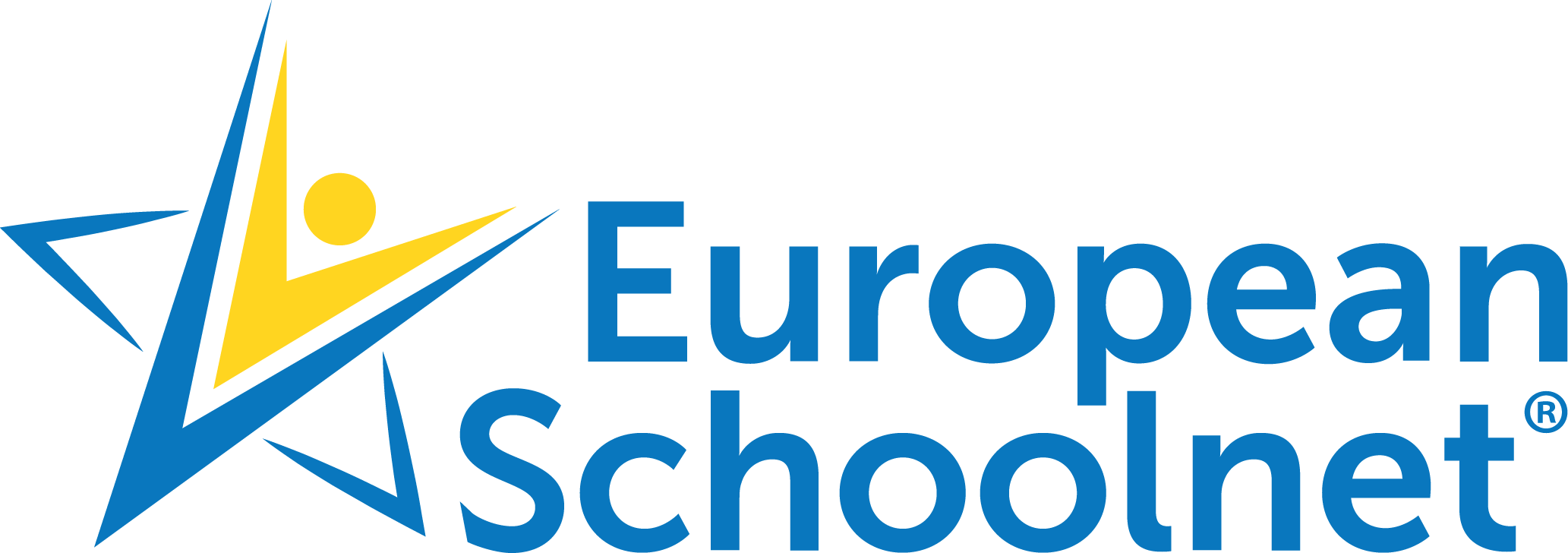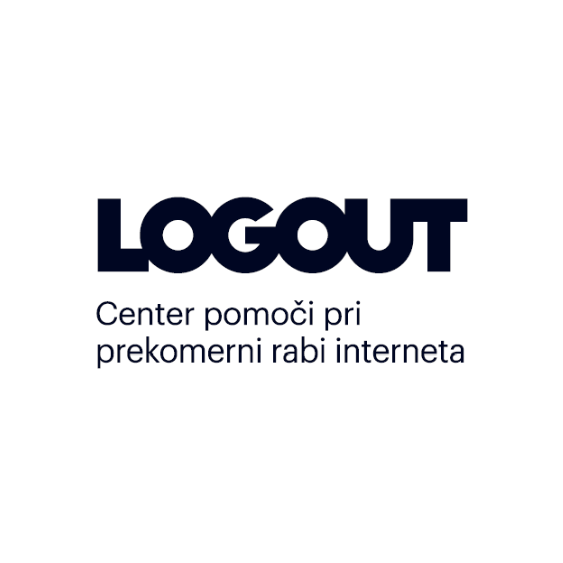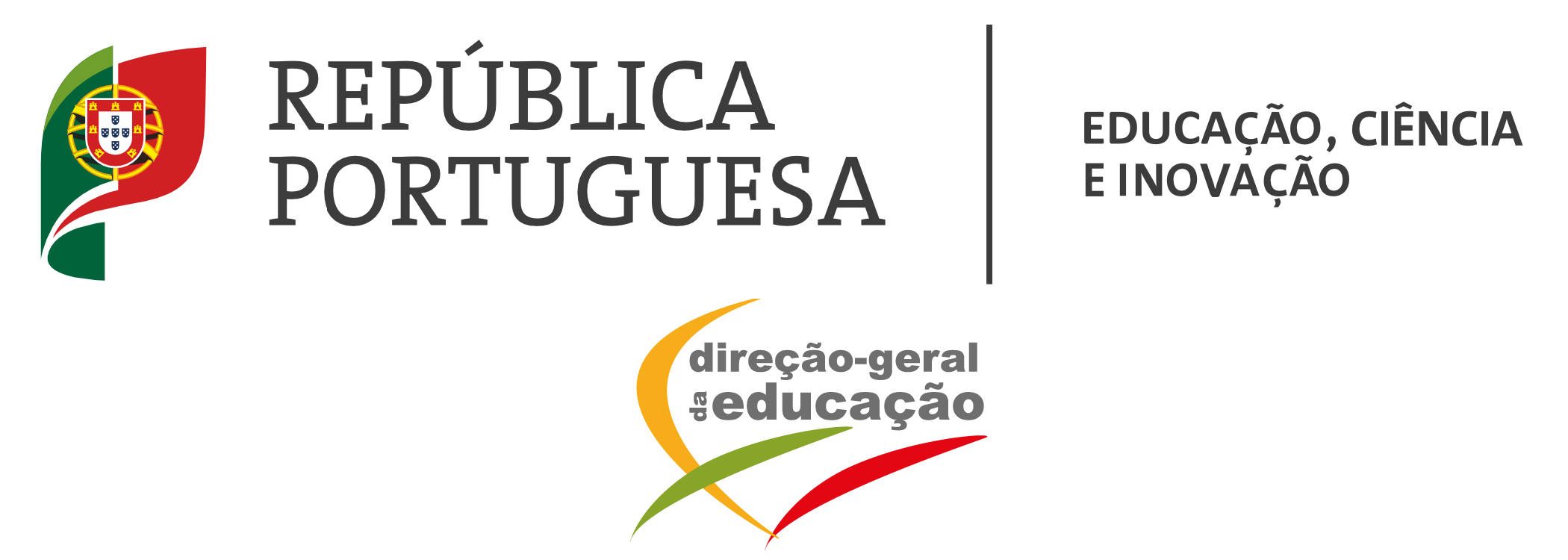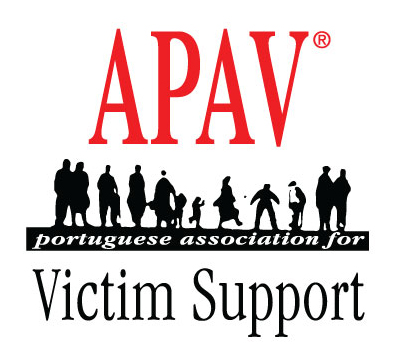
European Schoolnet is a network of 34 European Ministries of Education, based in Brussels. As a not-for-profit organisation, it aims to bring innovation in teaching and learning to its key stakeholders: Ministries of Education, schools, teachers, researchers, and industry partners. Since its founding in 1997, European Schoolnet (EUN) has used its links with education ministries to help schools become effective in the pedagogical use of technology, equipping both teachers and pupils with the necessary skills to achieve in the digital society. In particular, it pledges to: support schools in achieving effective use of ICT in teaching and learning, improve and raise the quality of education in Europe, and promote the European dimension in education.

For over 20 years, Foundation Tempus has played an active role in the promotion and improvement of education in the Republic of Serbia by providing support for both organisations and individuals in their personal and professional development. Its numerous activities include the implementation of EU and other educational programs, as well as participating in various cooperation programs in the education and youth sector aimed at improving formal and non-formal education and the development of human resources. One of the Foundation’s objectives is contributing to the development of European standards in education in Serbia, bringing closer the concept of the European dimension in the field of education, youth, and sport. The Foundation takes part in numerous policy development working groups, cooperates with key stakeholders such as the Ministry of Education, Institute for the Improvement of Education and Institute for Education Quality and Evaluation, provides input for the action plans developed by the Ministry and is involved in the development of training programmes for school boards.

The Slovenian Ministry of Education (MVI) is a national institution in the field of pre-school, primary and secondary education – from kindergarten to higher professional college. The Ministry is responsible for subject-related procedures and performs administrative services in the field of education. The Digital Education Service performs tasks related to digital education: the management of EU projects under the Cohesion Policy (ESS, ERDF) and Resilience and Recovery (RRF); plans and preparations for research and development at national, EU and international level related to pre-primary, primary and secondary education programmes, including special needs; participation in the EU DELTA group (Digital Education, Learning, Training and Assessment), European Schoolnet and other bodies at European level.

The Nora Institute founded in 2011 and from then operating under the name Logout.org, is a non-profit organisation dedicated to promoting digital well-being. Their focus is on offering free psychological help and support, particularly to those affected by mental health issues caused by digital media, including social media addiction, digital burnout, and other related challenges. They address the needs of various groups, including gamers, parents, and schools, through a range of programs and workshops. In addition to direct support, Logout is involved in raising awareness about healthy media and technology use, especially among young people.

The General-Directorate for Education (DGE) of the Portuguese Ministry of Education is responsible for implementing policies related to the pedagogical and didactic components of pre-school education, elementary and secondary education, and extra-school education (home-schooling) as well as for providing technical support to their planning, focusing mostly on the areas related with curricular development, teaching, and evaluation tools. MEC is also responsible for the schools’ digitalisation and has been working on online safety awareness, with the school community, since 2004.

APAV is the largest not for profit and charitable organisation in Portugal with 33 years’ experience in providing confidential, qualified and free of charge victim support services to victims of all crimes. APAV believes that the statute of the victim of crime must be fully acknowledged, valued and effective and works to achieve this goal in Portugal and beyond. APAV’s mission is to support victims of crime, their families and friends by providing free and confidential quality services and to contribute to the improvement of public, social and private policies centred in the statute of the victim. With national coverage, APAV provides information on the rights of victims of crime and the functioning of the criminal justice system, counselling and emotional, legal, psychological and social support.